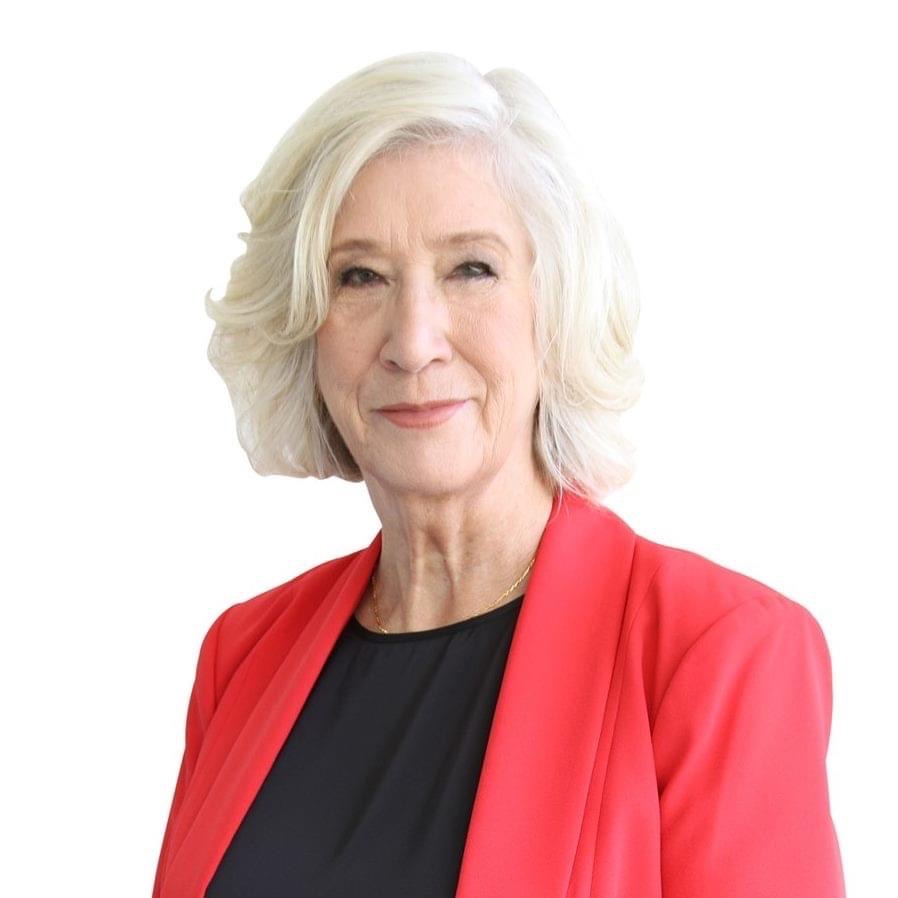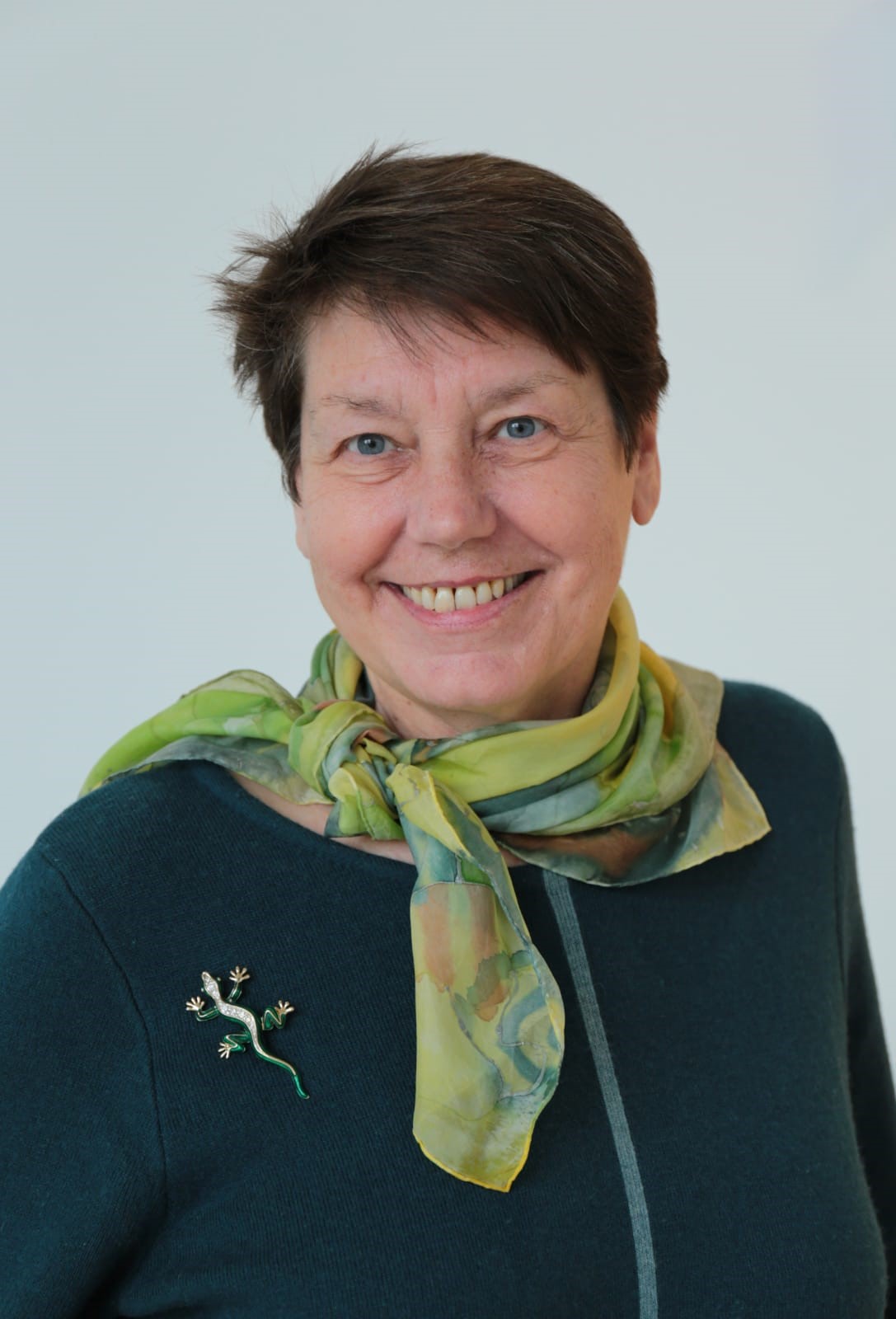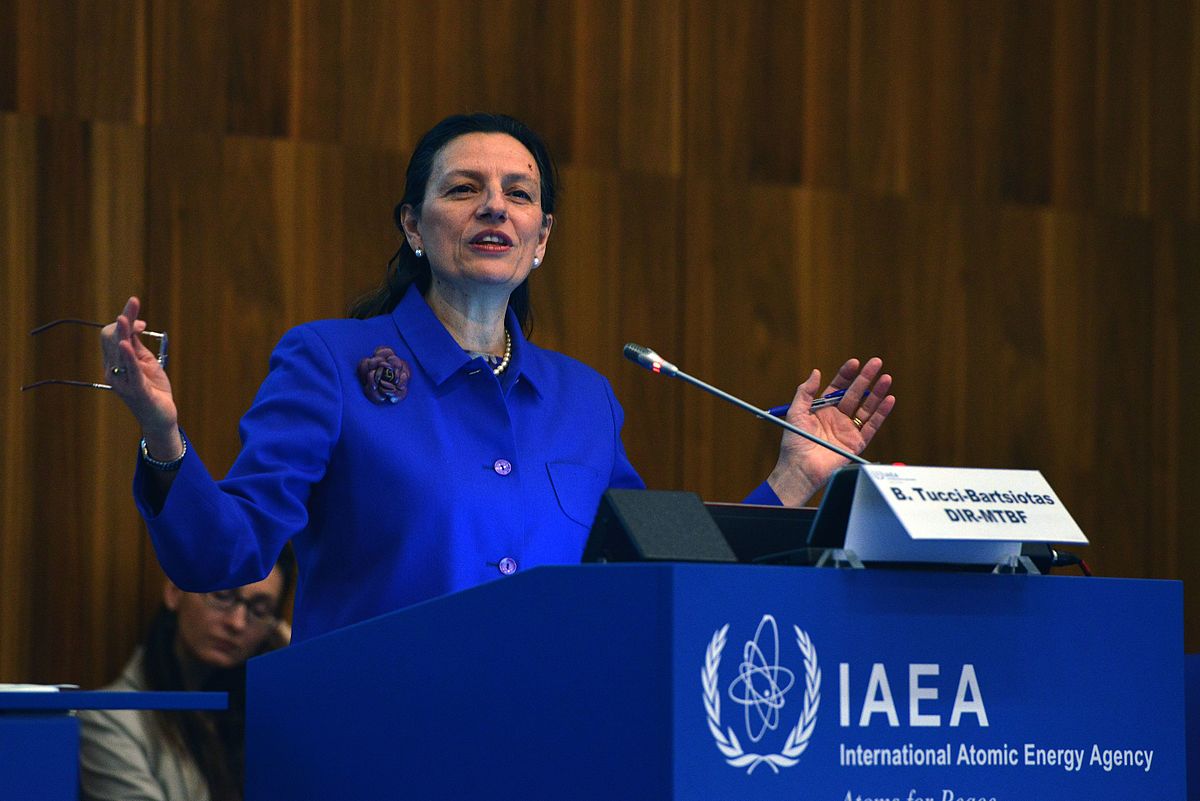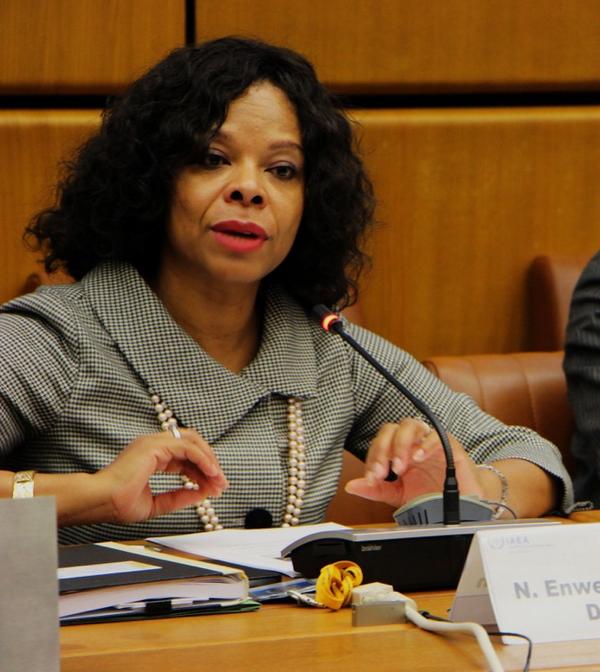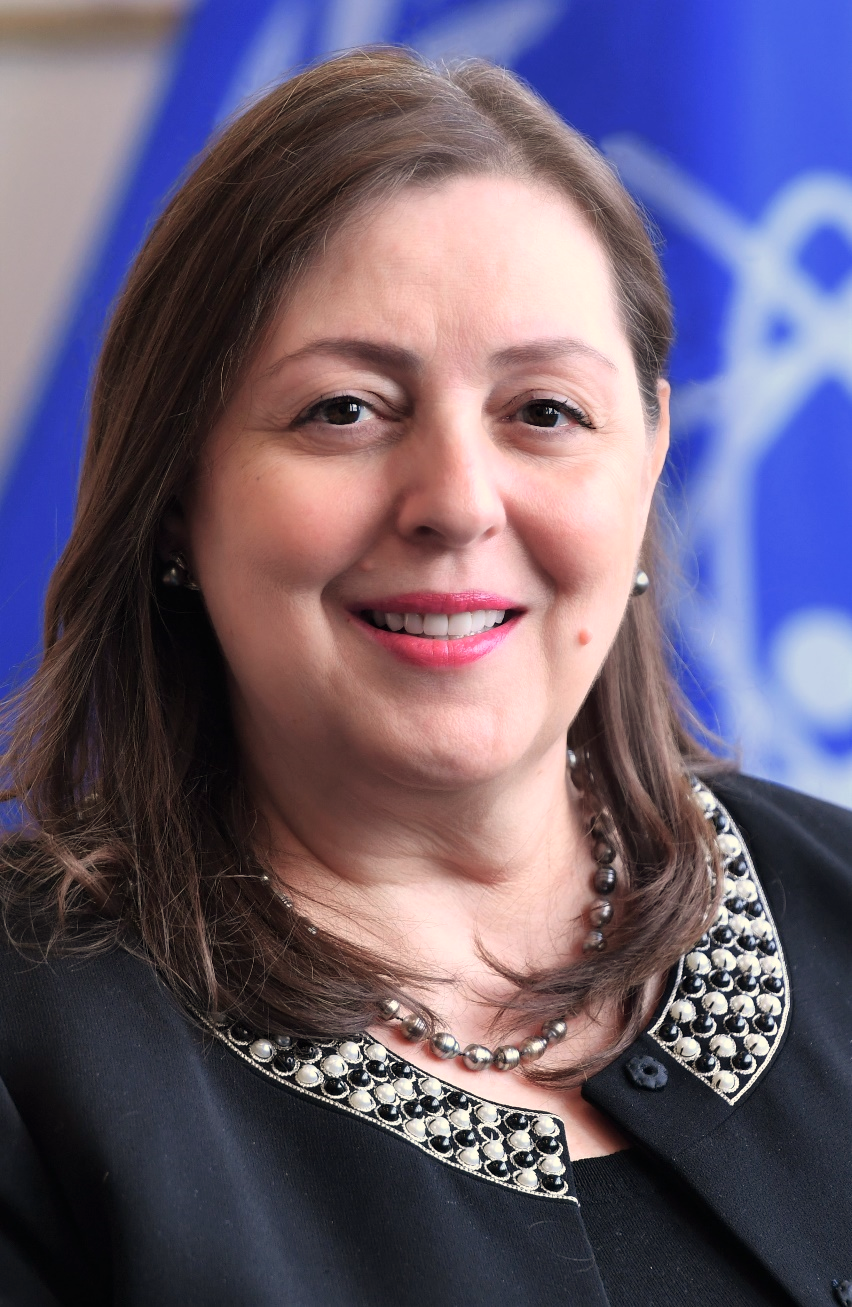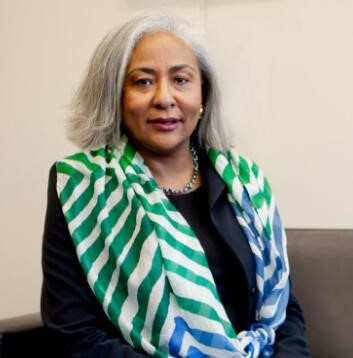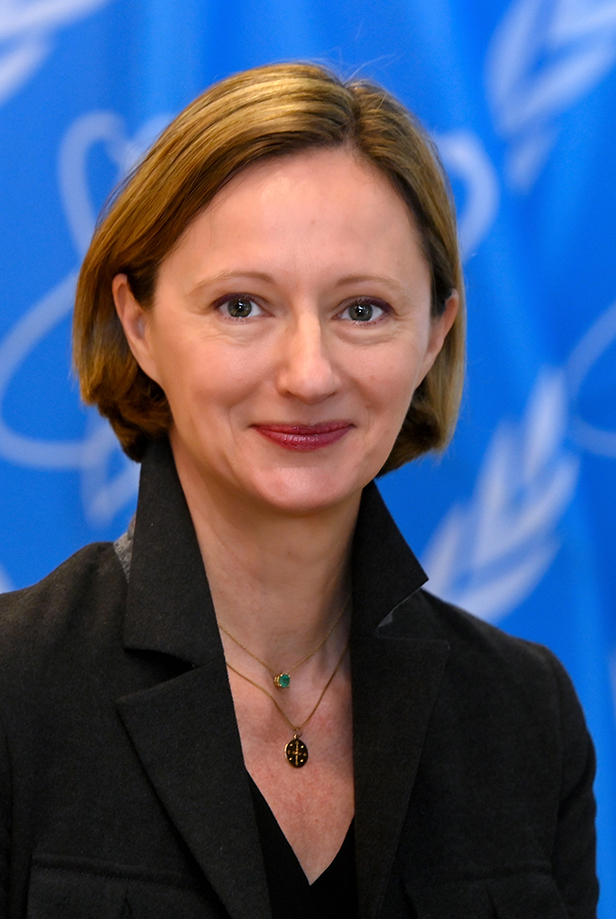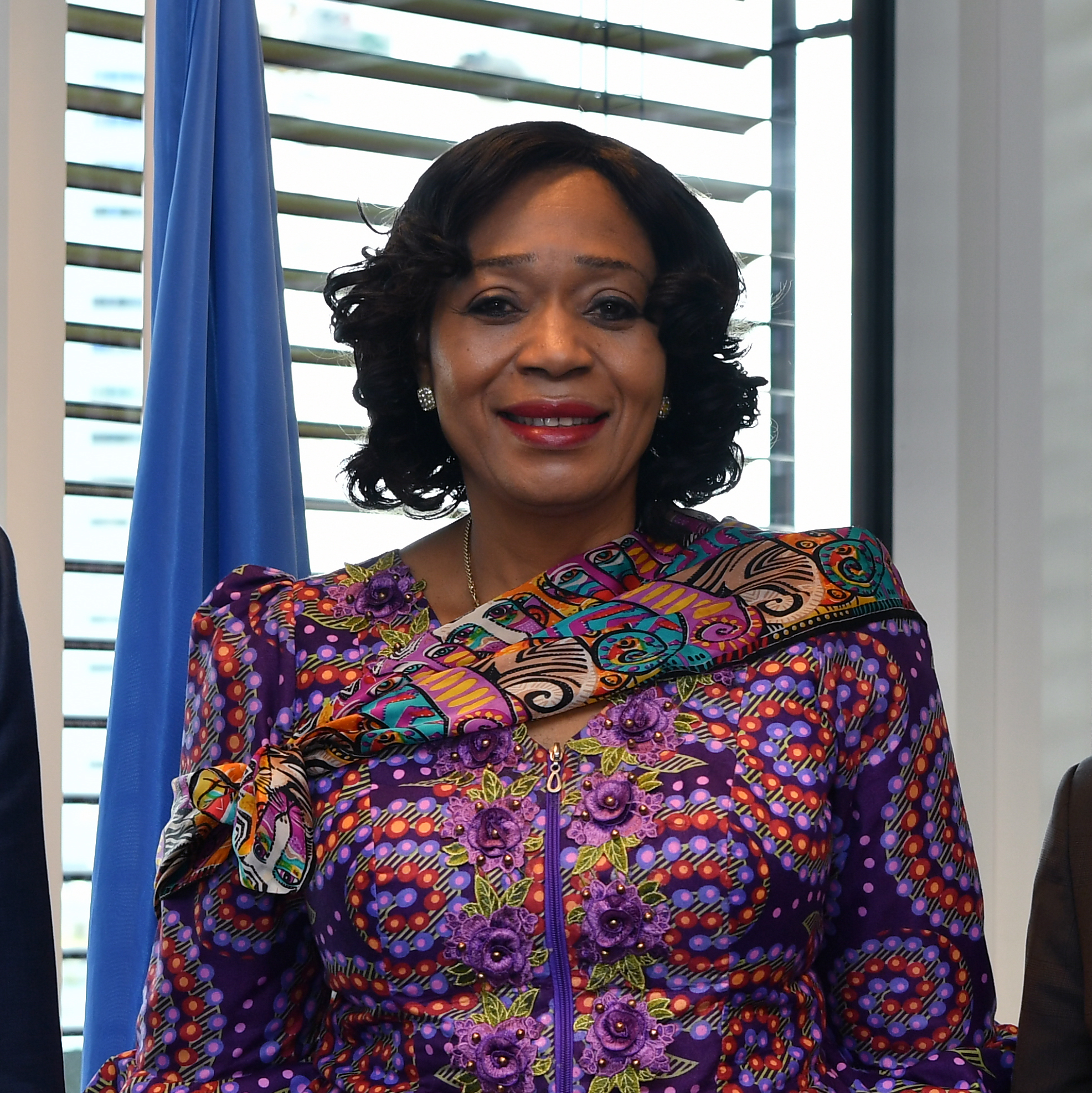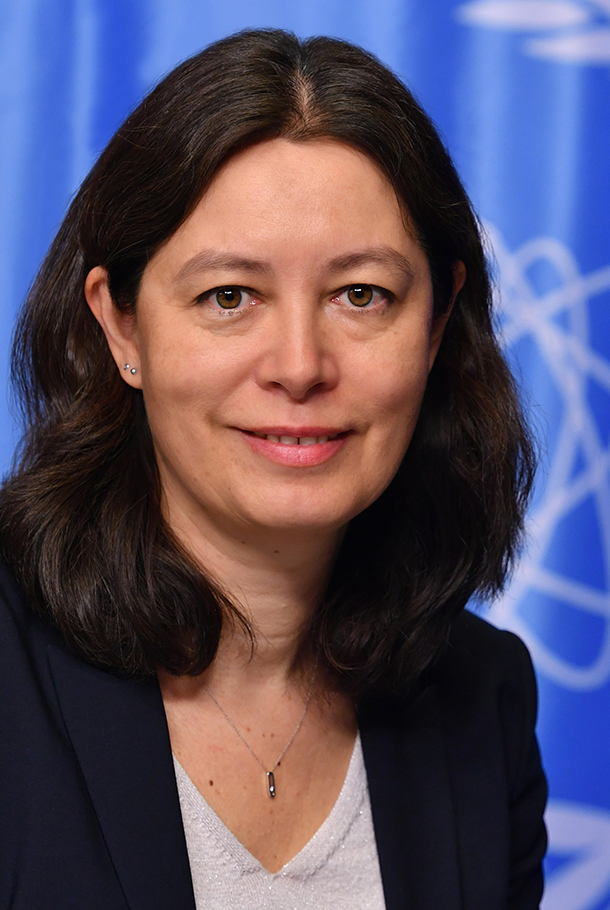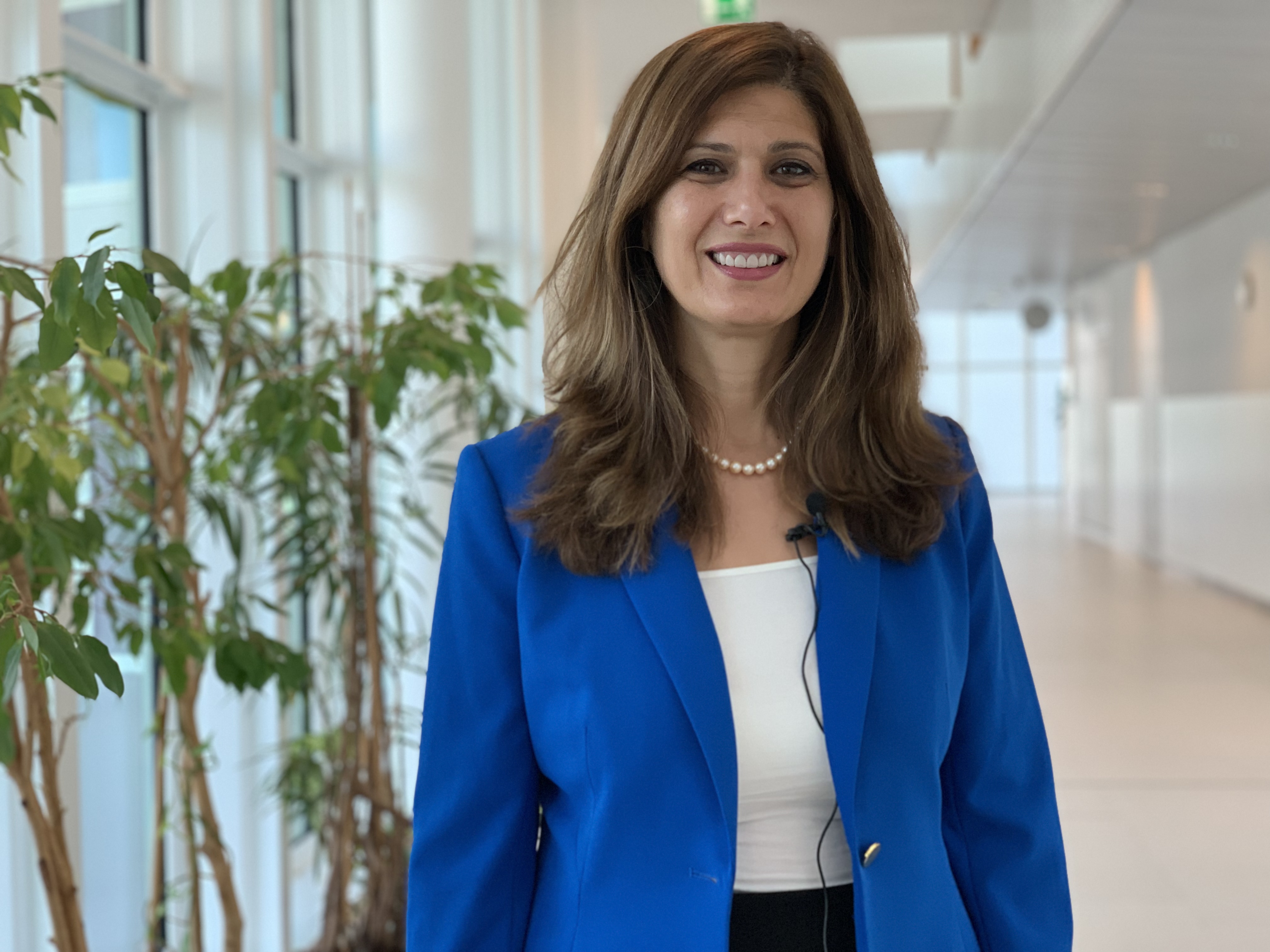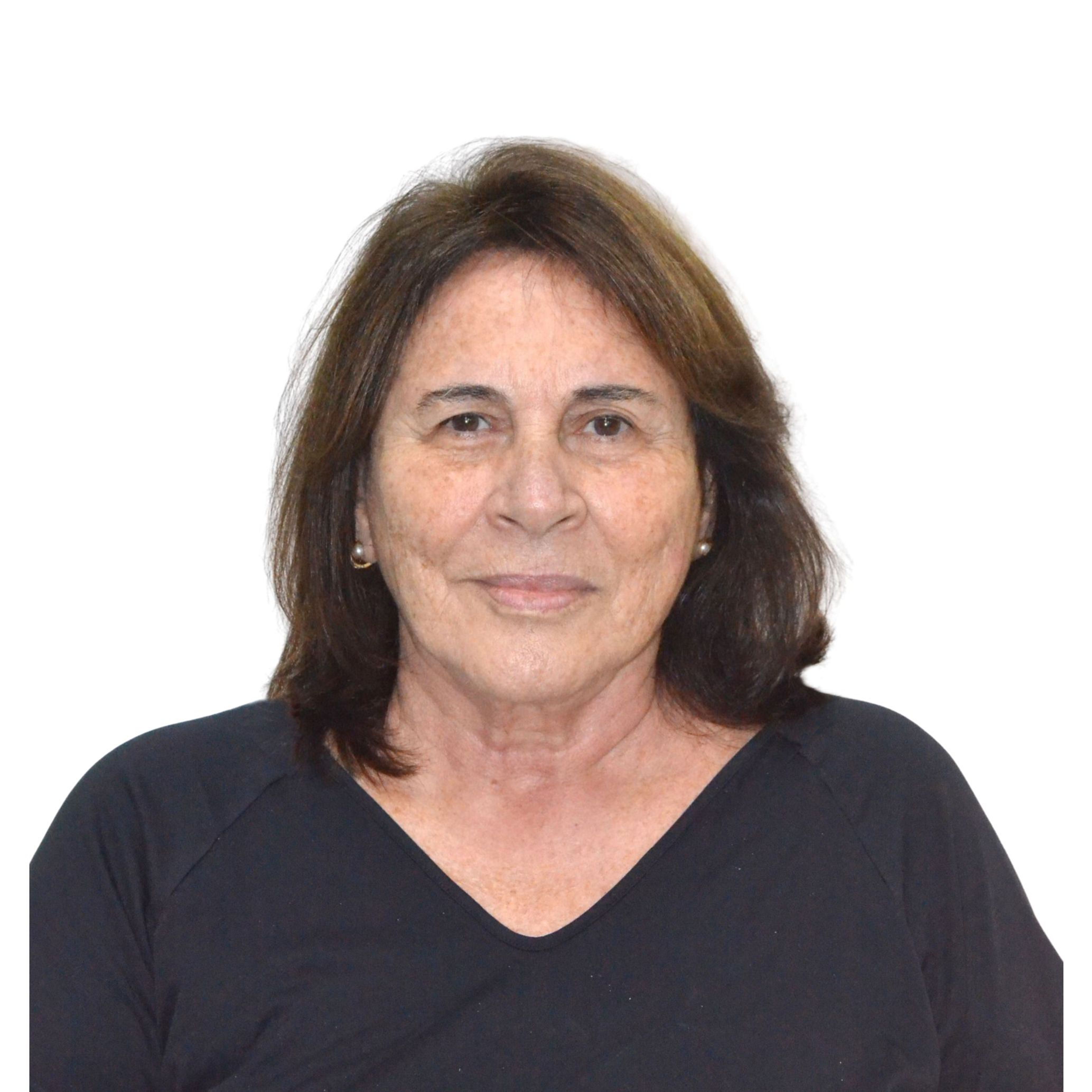
Eliana Amaral joined the IAEA to help countries put international standards of radiation protection into practice – seizing the opportunities that come with combining technological developments with the highest standards of safety – and to help improve quality of life around the world.
Before joining the IAEA, Eliana worked for more than 30 years for the Institute of Radiation Protection and Dosimetry (IRD) of the Brazilian Nuclear Energy Commission. During this period, she was the Director of the Institute (1993–2003) supporting regulatory activities related to the nuclear fuel cycle, healthcare, industry and naturally occurring radioactive material (NORM).
Following the Goiânia accident in Goiânia, Goiás, Brazil, in 1987, when a radiotherapy source was stolen from an abandoned hospital resulting in the contamination of more than 200 people, Eliana coordinated the recovery activities (environmental remediation), as well as the IAEA safety standards related to the accident (2005–2010).
Eliana has returned to the Brazilian Nuclear Energy Commission, as adviser to the current Director, and continues to provide consultancy services to the IAEA. She has published more than 20 papers with a focus on radioecology and NORM and has supervised several master’s and PhD theses.
Her advice to young women: “Never give up on your dreams, and never be afraid to take on new responsibilities — this will drive you forward.”








